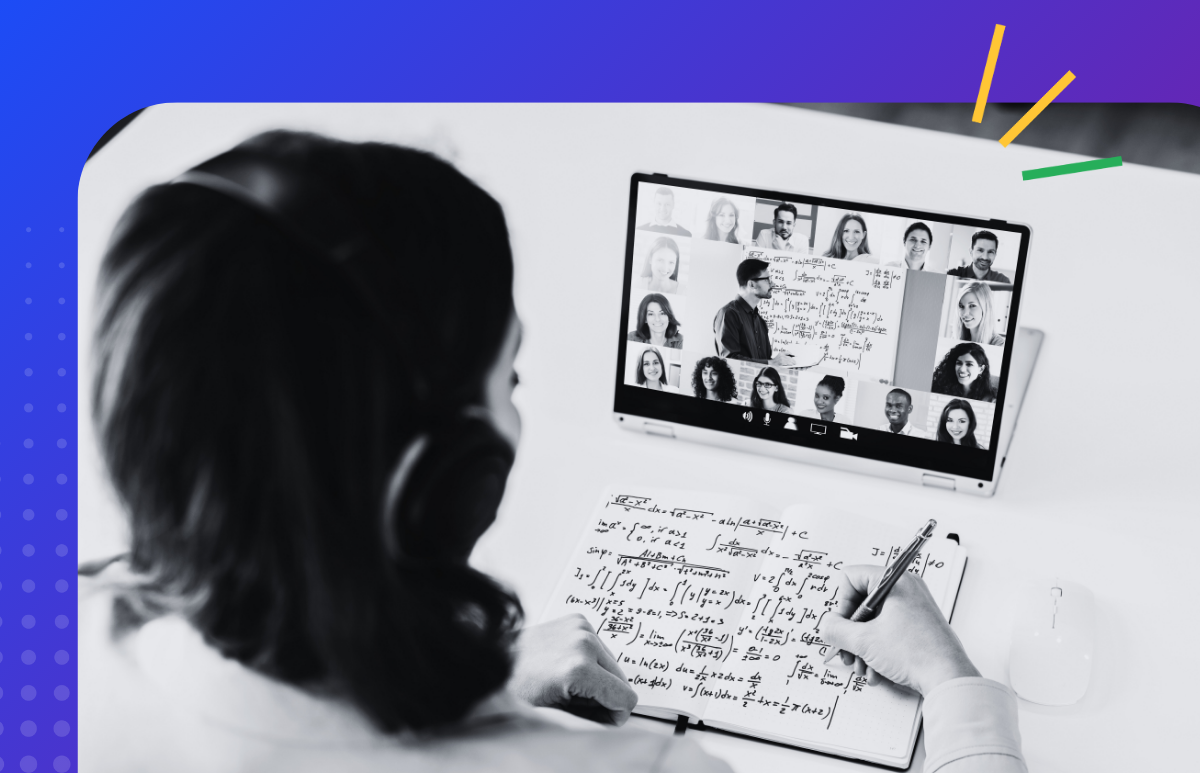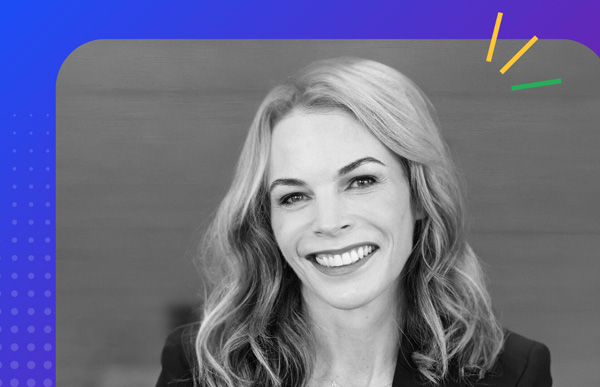Businesses Boost AI Investment, But Workforce Upskilling Remains a Growing Challenge

- 57% of Australian HR professionals report an increase in AI-related budgets in 2025 (up from 38% in 2024).
- 83% believe AI will significantly impact HR this year, with 32% calling it ‘transformative’.
- 1 in 4 (27%) say workforce upskilling will be their organisation’s biggest challenge in the next 12 months – up from fourth place last year.
- 68% feel their department is “future-ready” for AI adoption.
2 April 2025 – As businesses ramp up investment in AI technology, workforce transformation is becoming an urgent priority. New research by ELMO Software reveals 57% of HR professionals across Australia report an increase in AI-related budgets this year, up from 38% in 2024 – a clear indication that AI adoption is accelerating at pace.
The 2025 ELMO HR Industry Benchmark Report, which surveyed 900 HR professionals across Australia in January 2025, explores key workforce trends, including technology adoption, employee mobility, productivity, and HR challenges.
As AI reshapes job roles, businesses are facing mounting pressure to upskill, cross-skill, and reskill employees. 27% of HR professionals say workforce development will be their organisation’s number one challenge in the next 12 months, up from fourth place last year (when economic uncertainty and labour shortages were the dominant concerns).
“The rapid integration of AI is fundamentally reshaping job functions. To successfully work alongside AI, HR professionals must focus on retooling and retraining, fostering transparency and collaboration between technical and human-focused roles, and ensuring AI-driven decisions align with organisational values,” said Joseph Lyons, CEO of ELMO Software.
Confidence in AI Adoption is High
HR professionals are optimistic about AI’s role in the industry, with 83% believing AI will significantly impact HR in the next year, and 32% calling it ‘transformative’. This confidence is slightly lower in smaller organisations (77%), but still substantial. Meanwhile, 68% feel their HR department is “future-ready” for AI adoption.
“While enthusiasm for AI is evident, the challenge lies in translating this confidence into effective implementation. As organisations continue to explore AI’s full potential, ensuring the right strategies, skills, and infrastructure are in place will be critical to long-term success,” Lyons said.
In addition to AI technology (57%), the most common areas for increased budgets are learning & development (54%), and HR technology (52%), with HR professionals highlighting AI proficiency, predictive trend analysis, and financial literacy as the most important skills needed for the future.
Organisations Losing Hundreds of Thousands Yearly to People Challenges
While businesses are focused on upskilling and retraining, employee turnover remains a consistent focus. More than a third (35%) of HR professionals estimate an annual turnover rate of 6-10% in 2025, while 28% believe it could be as high as 11-20%. Retention during probation is also a challenge, with 34% estimating that 6-10% of new hires leave before completing this period.
With junior roles typically taking two weeks to fill and an average hiring cost of $13,870.32, a mid-sized organisation with 150 employees and a 10% turnover rate faces an annual hiring expense of approximately $208,000. To manage these costs effectively, businesses must strike a balance between hiring efficiency and long-term retention strategies.
“HR professionals are under increasing pressure to not only hire the right talent but also ensure they stay and grow with the organisation,” said Lyons. “AI already helps to streamline hiring and training processes, but without a strong focus on engagement and retention, businesses will struggle to reap the full benefits.”
Employee engagement remains the top driver of retention (38%), followed by work-life balance (30%) and effective leadership (29%).
“Those who successfully integrate AI while developing a skilled, engaged, and adaptable workforce will be best positioned for success in an evolving workplace,” Lyons said.
About the ELMO 2025 HR Industry Benchmark Report
The 2025 HR Industry Benchmark Report survey was conducted by YouGov, among a sample of 900 HR Professionals in Australia. Respondents were aged 18+ and employed in middle management level and above, excluding organisations with less than 20 employees. The research was conducted as an online survey over an 8-day period from 13 January to 21 January 2025.
About ELMO Software
Founded in 2002, the ELMO Group comprises ELMO Software in Australia, New Zealand and the UK, and Breathe HR in the UK. It is the trusted provider of HR technology solutions to 16,000+ small and mid-sized organisations and two million end users.
With a comprehensive suite of ISO-certified solutions that span the full employee lifecycle, ELMO Software is designed to scale as organisations grow. Flexible and configurable, ELMO’s one-stop HRIS fits to your specific needs and workflows.
Through powerful technology, automation, data and analytics, ELMO Software empowers HR professionals to play an integral role in company decision making.
For more information, please visit www.elmosoftware.com.au or follow ELMO Software on LinkedIn.
 HR Core
HR Core 









